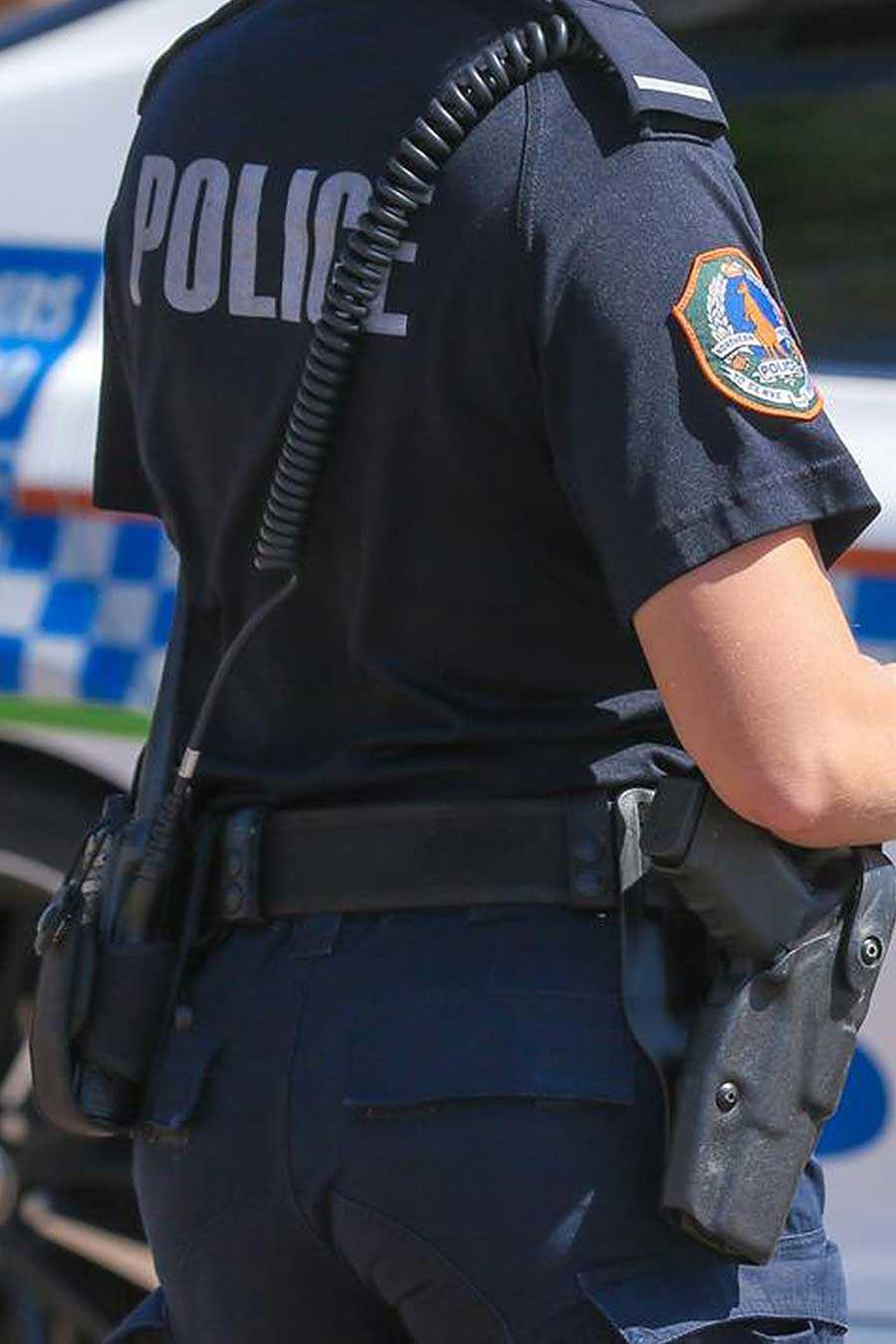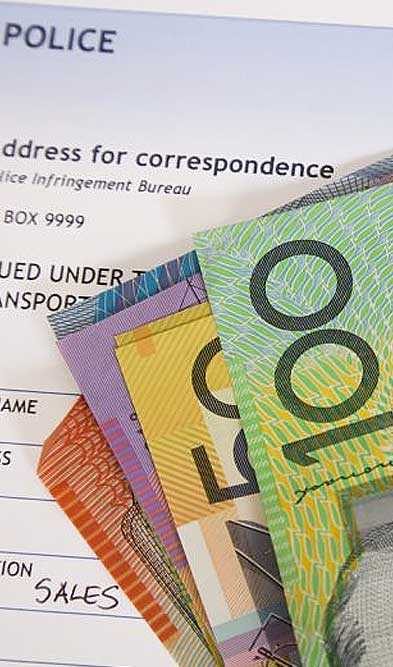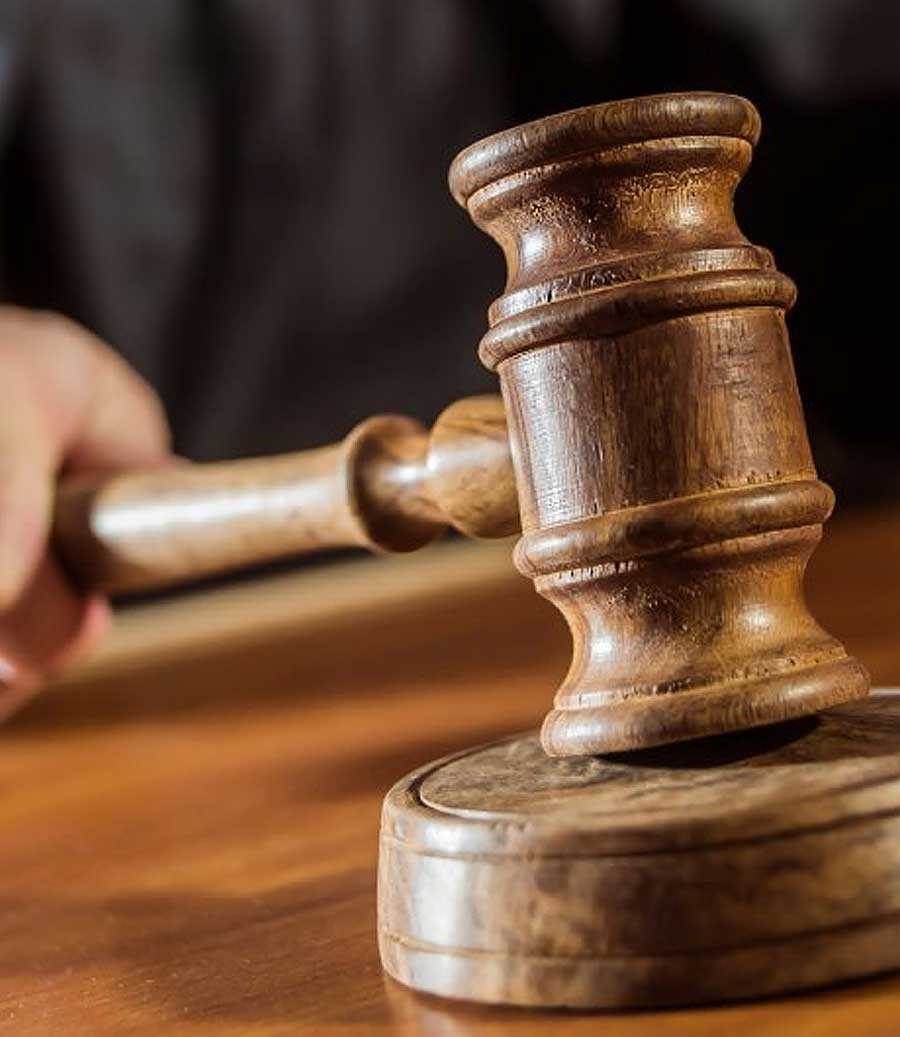Your Initial Consultation with Williams Traffic Lawyers in Adelaide
It's generally advisable to speak with a lawyer as soon as possible after receiving the ticket. An early consultation can provide several benefits:
- Legal guidance: A lawyer can advise you on the strength of your case and the potential outcomes.
- Evidence collection: They can guide you on what evidence to gather and how to obtain it effectively.
- Timelines: You'll be informed about important deadlines and procedural requirements.
Evidence Gathering
While having some evidence ready for your first meeting can be helpful, it's not always necessary:
- Lawyer's expertise: Traffic lawyers are familiar with common defences and can suggest evidence you might not have considered.
- Collaborative approach: Your lawyer can work with you to identify and collect relevant evidence as your case progresses.
Types of Evidence
Some evidence you might consider gathering before or after consulting a lawyer includes:
- Dashcam footage: If you have a dashcam in your vehicle, footage from the time of the offence could provide valuable evidence regarding speed limits, road conditions, or potential obstacles.
- Photographs of the area: Take photos of the road where the ticket was issued, especially if you believe the signage needs to be clarified or included.
- Speed detection calibration records: You have the right to request calibration records for the speed detection device used in your case. This could be a strong defence if the device wasn’t properly maintained.
- Witness statements: Witness statements can potentially serve as valuable evidence when contesting a speeding ticket. Identify potential witnesses from the speeding incident and request written accounts of their observations, including date, time, location, and their perception of your speed. Ensure statements are signed and dated, and collect their contact information for follow-up.
- Your driving record: A long clean driving record may help request leniency or a caution instead of a penalty. Authorities might view your record as proof of responsible driving, potentially affecting your review or appeal outcome.
- Weather reports for the day of the incident: Weather conditions significantly impact speed detection accuracy. For example, heavy rain, hail, or fog can interfere with radar and LIDAR, leading to false speed measurements. Extreme weather limits visibility, complicating officers' ability to identify vehicles or read license plates.
Decide Whether to Pay or Contest the Fine
After consulting with Williams Traffic Lawyers, you will need to decide whether to pay the fine or formally contest it in court. Keep in mind:
- Paying the fine is an admission of guilt. You’ll be penalised with both the fine and demerit points, which could eventually lead to a licence suspension if you accumulate too many points.
- Contesting the fine can potentially lead to the charge being dropped, reduced, or downgraded. However, you may face additional court costs if the court finds you guilty.
Your traffic lawyer will advise on the best course of action based on the specifics of your case.
Prepare for Court
If you choose to contest the fine and the case goes to court, Williams traffic lawyers will prepare your defence and represent you during the hearing. Your traffic lawyer will:
- Present evidence, such as calibration records or dashcam footage, to dispute the accuracy of the speeding charge.
- Challenge the prosecution’s case, including the speed detection device's accuracy or the ticket issuance's legality.
- Advocate on your behalf to either have the charge dropped or reduce the penalties.
The support of an experienced traffic lawyer can significantly improve your chances of a favourable outcome in court.



